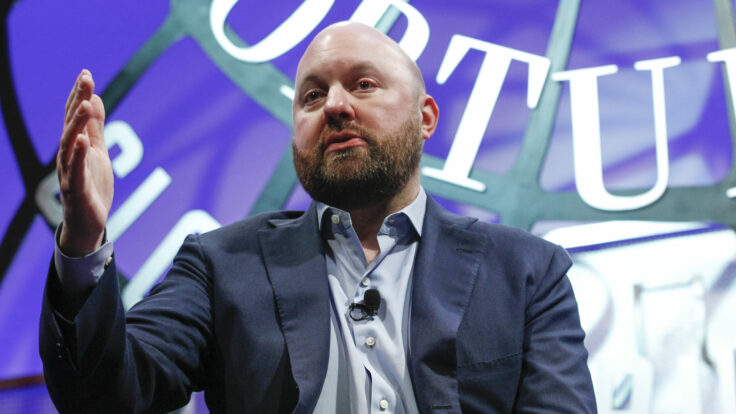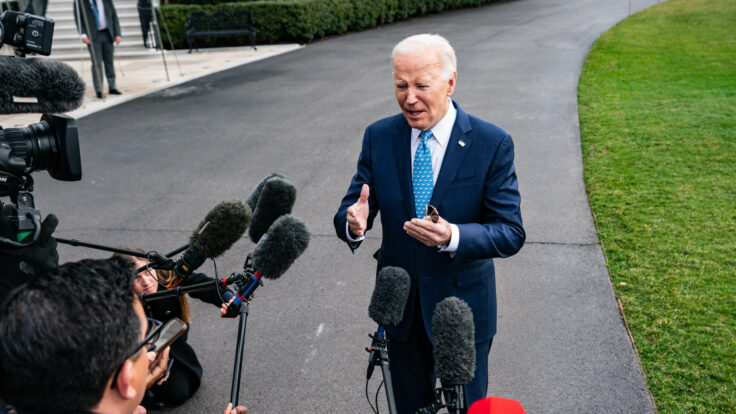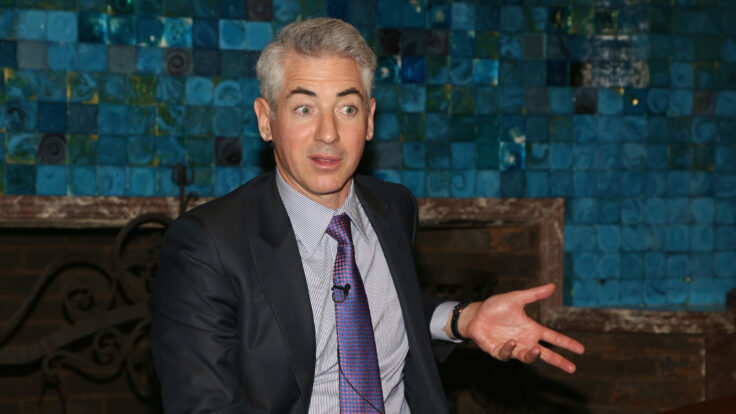Way back in 2018, in the earliest days of the Democrats’ so-called invisible primary, Joe Biden candidly pitched himself as the type of pro-success Democrat who wouldn’t demonize the wealthy. “I don’t think 500 billionaires are the reason we’re in trouble,” Biden said in a speech that year, drawing a distinction between himself and Bernie Sanders. And yet a presidential campaign later, 18 months after wealth tax proponents like Bernie and Elizabeth Warren petered out of the Democratic primary, those billionaires are firmly ensconced in the Biden barrel. A proposal to tax the hell out of them in the most controversial manner has abruptly become a credible proposal in an exhausted Washington, borne less out of an ideological commitment from Biden than from a frenzied, deadline-fueled panic to find $2 trillion in revenue that a single senator won’t deep-six.
The “billionaire income tax” may have emerged overnight, but it’s all too easy to see how we arrived at this consensus: Billionaires are growing increasingly unpopular with both the populist left and the populist right, fueled by the sense that the economic system is rigged, and became even more rigged during the pandemic. If you’ve got to pick the pocket of someone, there are few easier targets than a group comprising about 700 people, as powerful as they may be.

















